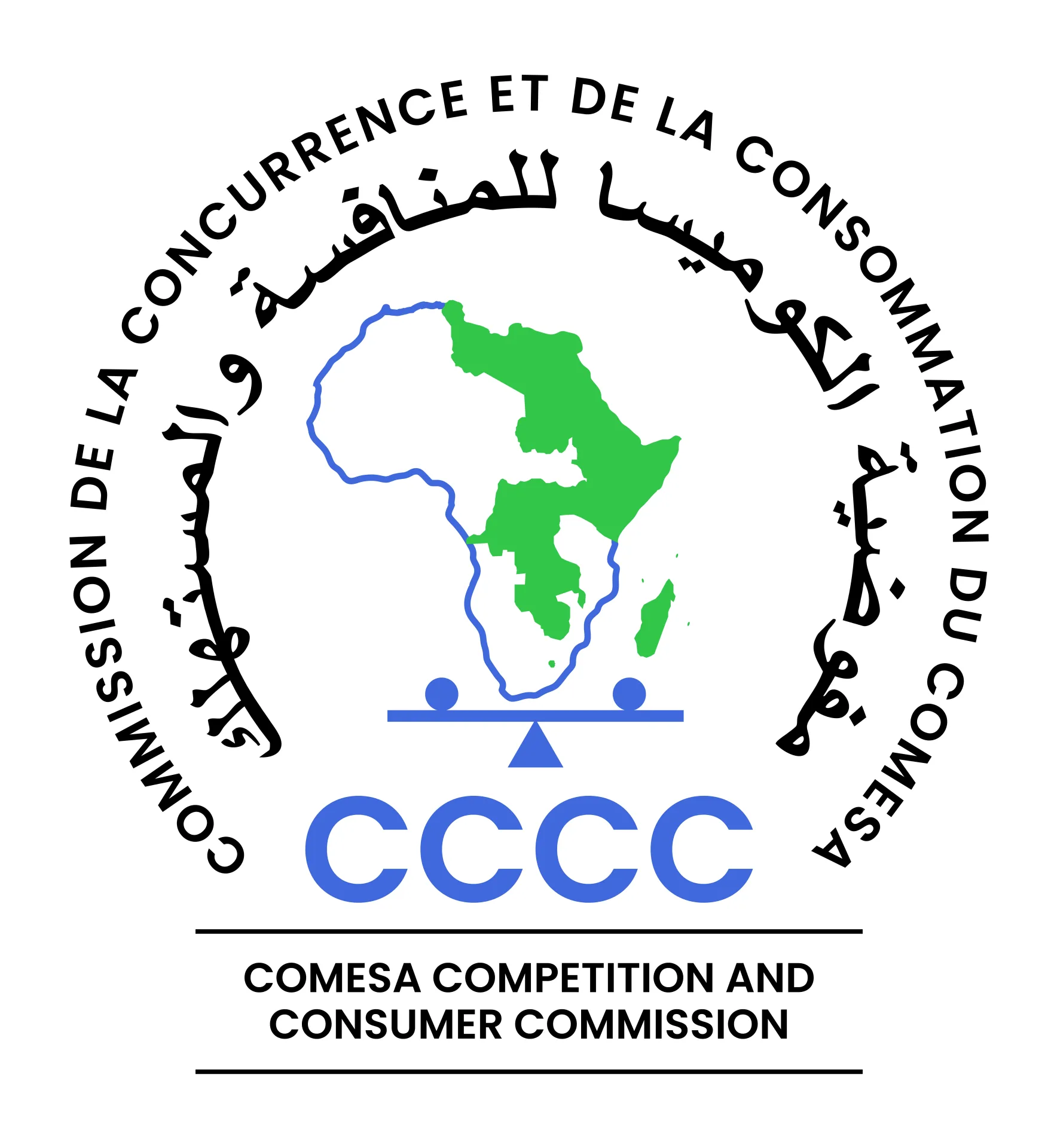Frequently Asked Questions
1. Do the Regulations prohibit the Abuse of a Dominant Position?
Pursuant to Article 17 (a) of the Regulations, an undertaking holds a dominant position in a market if by itself or together with an interconnected company, it occupies such a position of economic strength as will enable it to operate in the market without effective constraints from its competitors or potential competitors. Article 17(c) alludes to a “dominant position” as meaning the ability to influence unilaterally price or output in the Common Market or any part of it.
The Regulations under Article 18 (1) prohibits any abuse by one or more undertakings of a dominant position within the Common Market or in a substantial part of it as incompatible with the Common Market.
2. What conduct amounts to an Abuse of a Dominant Position?
Article 18 of the Regulations prohibits both exclusionary and exploitative abuse of a dominant position within the Common Market or in a substantial part of it as incompatible with the Common Market in so far as it may affect trade between Member States. Although not expressly pronounced in the Regulations, such prohibited practices include but not limited to exclusive dealing; conditional rebates; tying, bundling and multi product rebates; predation, margin squeeze, refusal to supply in the case of exclusionary conduct and excessive pricing in the case of exploitative abuses.
3. How do the Regulations specifically prohibit cartel conduct?
The Regulations prohibits, as incompatible with the Common Market, all agreements between undertakings, decisions by associations of undertakings and concerted practices which may affect trade between Member States and have their object or effect the prevention, restriction and distortion of competition within the Common Market. More specifically, Article 19 (3) of the Regulations prohibits the following cartel conducts:
- agreements fixing prices, which agreements hinder or prevent the sale or supply or purchase of goods or services between persons, or restrict the terms and conditions of sale or supply or purchase between persons, or restrict the terms and conditions of sale or supply or purchase between persons engaged in the sale of purchased goods or services;
- collusive tendering and bid-rigging;
- market or customer allocation agreements;
- Allocation by quota as to sales and production;
- Collective action to enforce arrangements;
- Concerted refusal to supply goods or services to a potential purchaser, to purchase goods or services from a potential supplier; or
- Collective denials of access to an arrangement or association which is crucial to competition
4. What are the penalties for cartel and abuse of dominance conduct? Do the regulations impose criminal sanctions?
The Regulations under Article 8(5) provides that any person who contravenes or fails to comply with any provision of the Regulations or any Rules made under the Regulations, or any directive or order lawfully given, or any requirement lawfully imposed, for which no penalty is provided, shall be determined to have breached the Regulations and shall be liable pursuant to that determination for a fine (in an amount to be determined by Rules) and/or such other penalty as may be assessed.
Rule 45(2) provides that the Commission may by decision impose on undertakings or associations of undertakings fines up to 10% of annual turnover units of account, in the Common Market in the preceding business year of each of the undertakings participating in the infringement where, either intentionally or negligently they infringe parts 3 and 5 of the Regulations……”. This provision, therefore, applies to cartel and abuse of dominance conduct which falls under part 3 of the Regulations.
The Regulations, however, do not provide for criminal sanctions for cartels or abuse of dominance conduct.
If you are unable to find an answer to your query, please submit your Feedback to let us know how we can help you.
